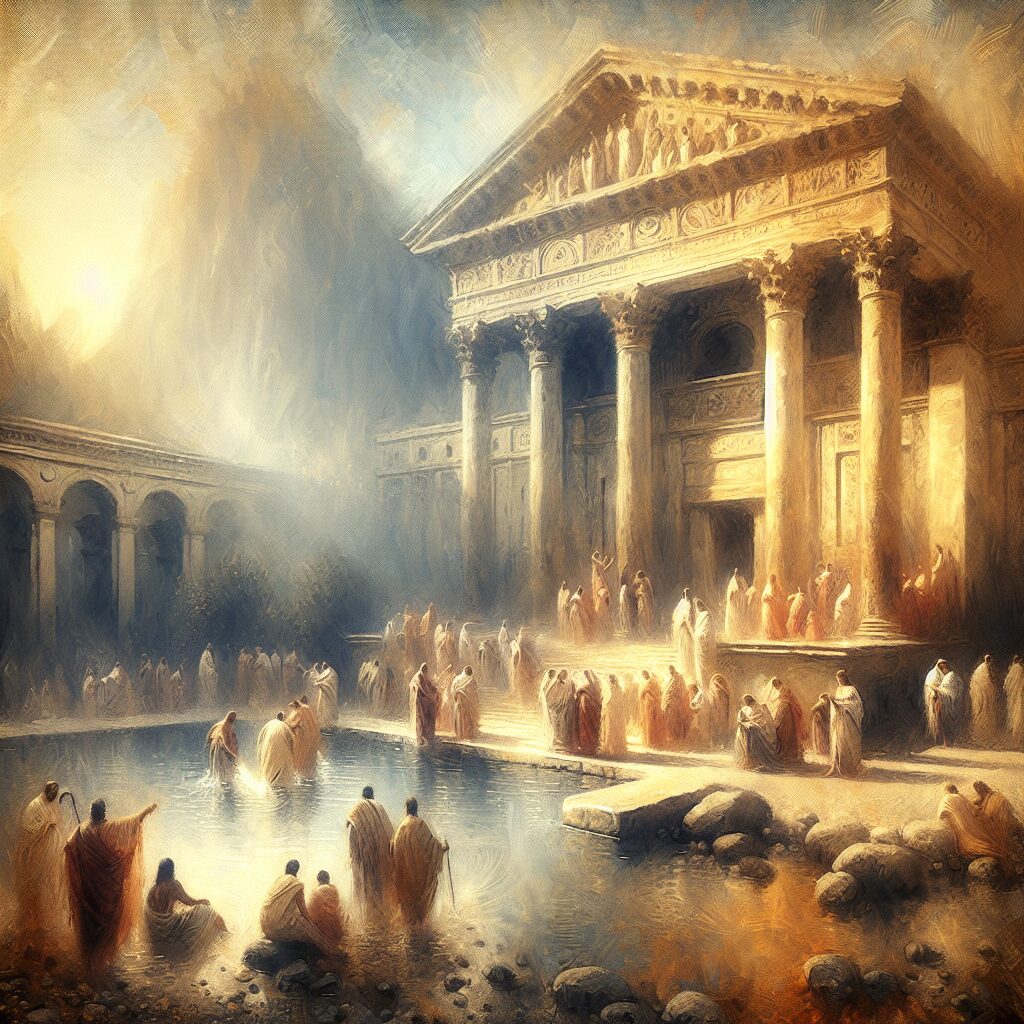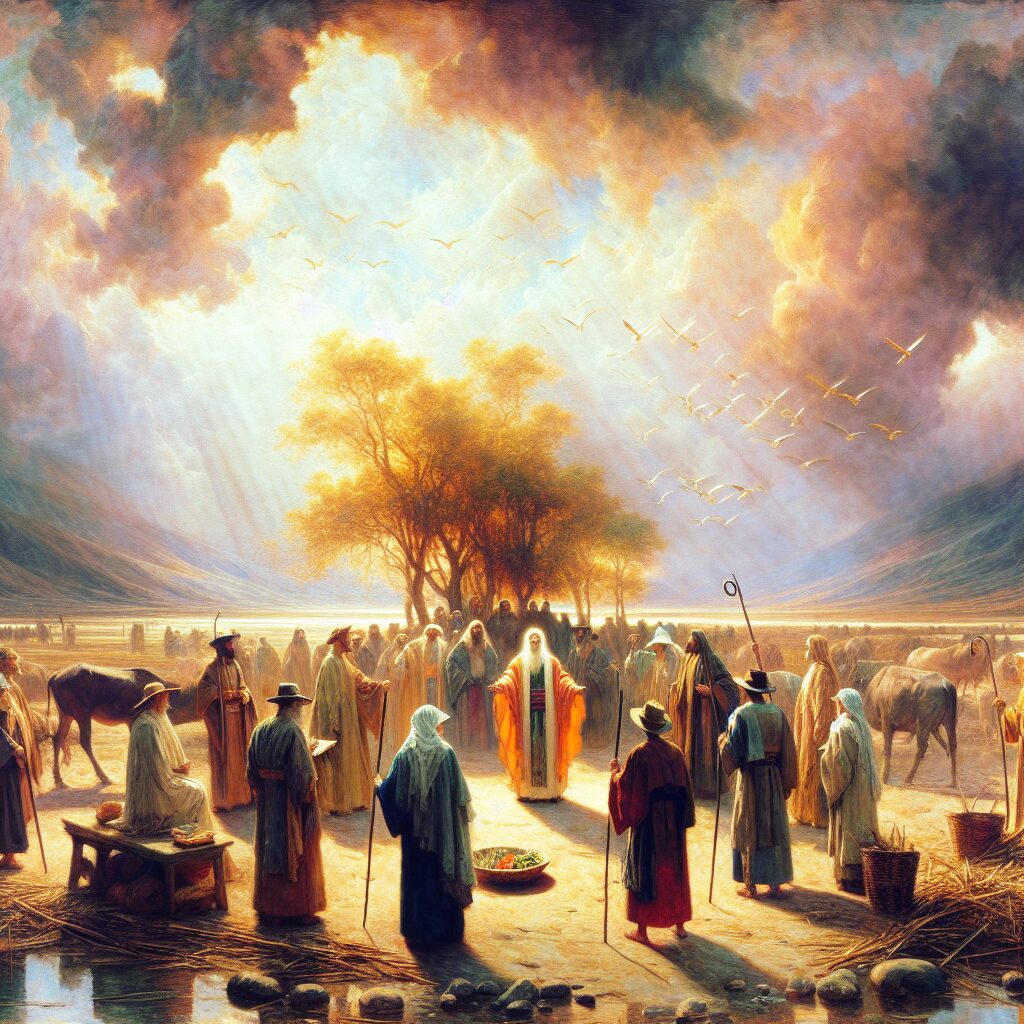Daily Bible Affirmation for March 26, 2024 – Leviticus 23:9

Bible Verse
– “And the Lord spoke to Moses, saying,” – Leviticus 23:9 (ESV)
Reflection
The verse we are contemplating today comes from Leviticus 23:9, which is the beginning of a passage where God establishes sacred times and festivals for the Israelites. While at first glance, this specific verse simply introduces God’s communication to Moses, it is part of a larger context where God provides a structure for worship and gratitude, highlighting His desire for His people to pause and honor Him amidst their busy lives.
God’s instructions for Moses to convey to the Israelites underscore His care for them. He offers moments of rest, celebration, and reflection integrated into their calendar. These appointed times were not intended as burdensome rituals, but rather as life-giving opportunities to reconnect with God, one another, and the core of their faith. They were reminders that life is anchored not in ceaseless toil but in divine rhythms meant for restoration and joy.
In today’s fast-paced world, this concept remains deeply relevant. Just as God provided structured times of reflection and celebration in ancient Israel, He invites us today to find moments of rest and connection with Him. This verse serves as a gentle reminder that God’s communication includes guidance on living a balanced life—one that respects the work of our hands yet implores us to intersperse it with moments of thanksgiving and divine reflection.
By looking outward, we see how this principle can be applied personally. Are we consciously creating time to pause and be present with God? In the busyness of daily schedules, taking intentional breaks to reflect on God’s goodness and grace allows us to remain centered, finding true refreshment and strength. Such sacred spaces in time connect us with the hope and guidance found in God’s love.
Furthermore, considering the communal aspect of the festivals, we are encouraged to engage with our communities, celebrating with others and offering thanks alongside them. This fosters an environment of support, encouragement, and shared faith journeys. By participating in communal reflections and joys, we build each other up in God’s love, cementing connections that speak of unity and empathy—a powerful testament to God’s relational nature.
Closing Thought
The divine pauses built into the rhythm of life remind us of God’s loving guidance. As we consciously embrace these moments of reflection, let’s allow them to lead us into deeper love, community, and gratitude, celebrating life’s sacred rhythms in His grace.
Daily Bible Affirmation for March 26, 2024 – Leviticus 23:9 Read Post »



